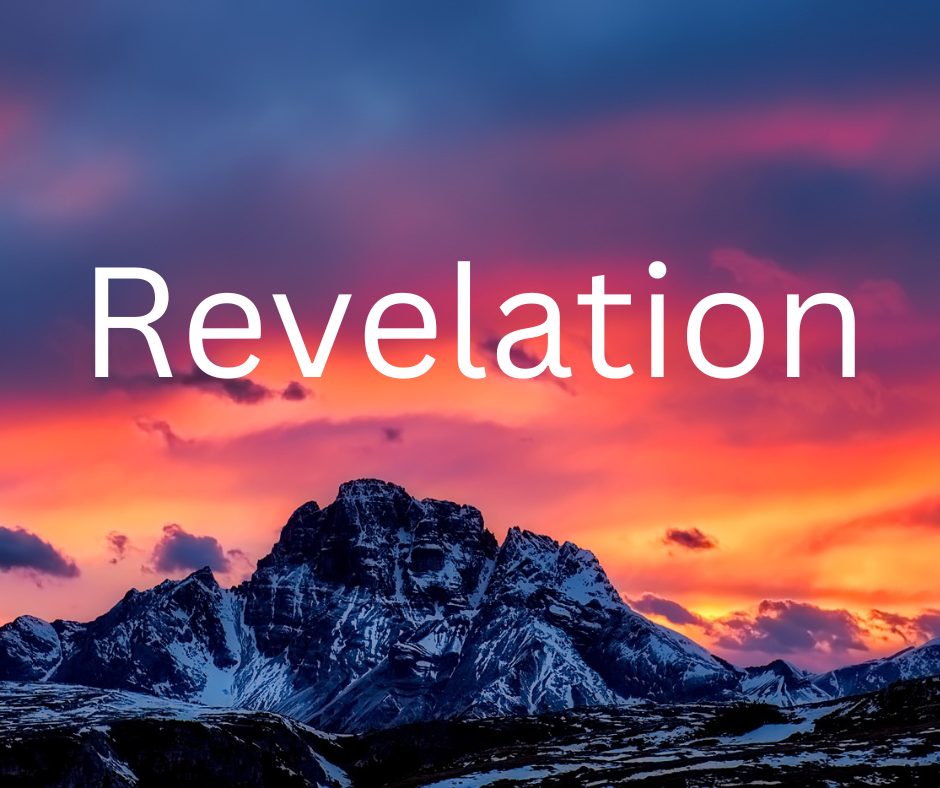Why are there so many different (and even wrong) views about the book of Revelation?
While much of the church through history has debated the various interpretive approaches to Revelation, in the United States today the most popular and "mainstream of consciousness" interpretative approach is the futurist dispensational approach.
A Throne, Jasper, & Seraphim? Revelation 4:2 - a few notes
John looked and saw a throne. Thrones are inherently seats of power. A throne without power is simply a decorative chair. Yet this throne is occupied. This throne's location is heaven. What references should be in our mind as we read John's vision of this throne?
Reading Revelation - 1:1-2
A single read through will "start the wheels" turning in our mind regarding Revelation as a book given to us by God, through Christ, to John. I'm not promising to write comments on each verse, or each chapter. But today, as we get started reading Revelation, here are some comments to share with you that I'll share with my family as we read Revelation 1 today.
Interpreting Revelation - Four Views: Historicist
This view sees Revelation as a preview of the entirety of history after the Incarnation of Christ. According to this approach events that occur throughout history have been previewed in Revelation. In this way there are parts of Revelation that are viewed by Historicist interpreters as having already taken place, and other parts that have not yet taken place. Steve Gregg provides some examples of the historicist approach:
Interpreting Revelation - Four Views: Idealist
The Idealist approach avoids any particular ties to specific events in the past, present, or future. If I was to suggest a meme to summarize the Idealist approach to Revelation, it would have to be from Pirates of the Caribbean since the Idealist interpretive framework looks for the grand lessons of Revelation rather than getting caught up in all the details. In this way the Idealist interpreter sees historical events (and future events) more like guidelines for interpretation rather than rules for interpreting Revelation.
Interpreting Revelation - Four Views: Preterist
Today we are taking a look at the interpretive opposite of the futurist view called the "Preterist" view. The word for this view comes from Latin word "praeter" which means "past". While the futurist view sees Revelation as mostly in the future, the preterist view sees Revelation as mostly in the past. While the futurist sees John's testimony as referring to signs and events that are in our future, preterist interpreters view John's prophecy as either symbolic retelling of events in John's past or prophetic forecasts of things which were in John's future, but our past.
Interpreting Revelation - Four Views: Futurist
The most popular view of Revelation in contemporary western Christianity is called the "Futurist view". For many of you reading this series the futurist view will be the only view you've ever heard of or considered. In which case much of this may sound familiar to you.
A Preface to Interpreting Revelation - Four Views
Because of the multiple approaches to interpreting Revelation that have been held by Christians throughout the centuries I've decided to give a bit of background on Revelation here for anyone interested in "going deeper". This week the next few posts will be detailing a few quotes describing different approaches to interpreting Revelation.








